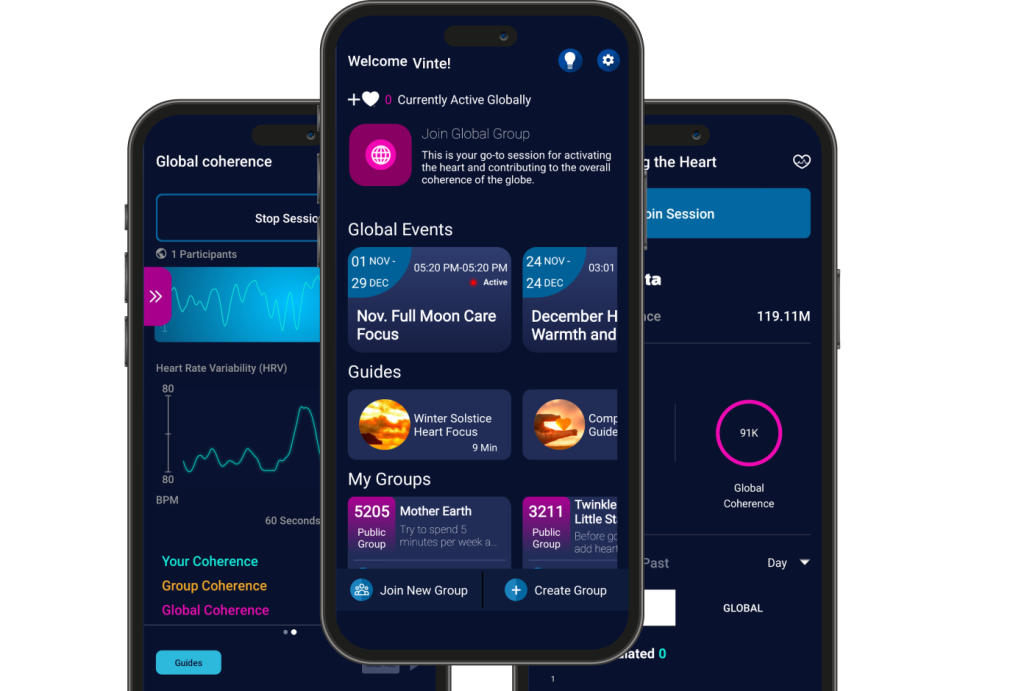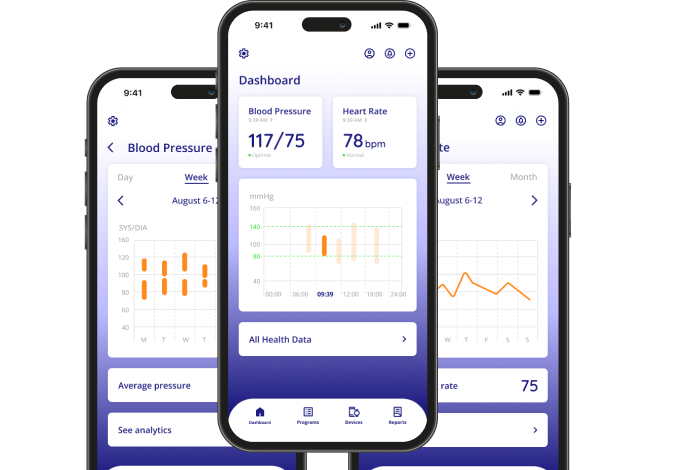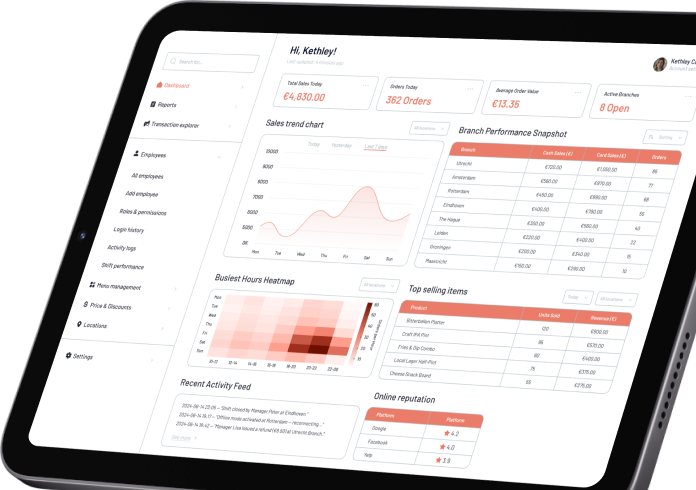Tailored catering system engine, driving your brand to accelerateforward! Empower business with technology and make it within reach!
Business сhallenge
In enterprise parks, business centers, and large factory environments, catering services are not simply consumer behavior, but an important component of employee welfare, production efficiency, and enterprise management. The traditional catering model is facing severe challenges in this scenario:
1. Hidden loss of production efficiency: the "time tax" caused by queuing
In parks with thousands or even tens of thousands of people, queuing up for 15-30 minutes during lunchtime peak hours has become the norm. This is not only a loss of employees' rest time, but also an "ineffective production time" for companies to pay salaries, which accumulates to a huge implicit loss of production efficiency.
2. Complex corporate settlement 'swamp'
The catering in the park involves various settlement methods such as meal allowance distribution, personal mixed payment, departmental business reception, and project group construction reimbursement. The traditional ordering model requires manual recognition and accounting, which is cumbersome, prone to errors, difficult to reconcile, and difficult to balance financial compliance and operational efficiency.
3. The 'data island' of diversified merchants
There are usually multiple catering brands or stalls within a park, which use a non interconnected ordering system. Park managers are unable to obtain a unified consumption data dashboard, making it difficult to scientifically evaluate the business performance of each merchant, analyze the overall catering preferences of employees, and optimize investment portfolios and welfare policies.
4. The contradiction between personalized needs and unified management of enterprises
Employees expect personalized choices (such as weight loss meals and halal meals), while enterprise management requires unified welfare standards and a safe supply chain. In the traditional mode, bulk pre ordered work meals cannot meet individual needs, and letting go of choices may lead to management loss of control and waste.
5. Challenges in Food Safety and Supply Chain Traceability
When food safety issues occur, the traditional model is difficult to quickly and accurately trace the specific dishes, batches, and consumer employees affected, resulting in slow emergency response and posing significant operational and reputational risks to the enterprise.
Core dilemma: The catering problem in the park has evolved from a simple "fill up" issue to a comprehensive management challenge that affects production efficiency, financial management, data decision-making, and risk control.
Our solution
A QR ordering and management system deeply integrated into the enterprise ecosystem, aimed at becoming the infrastructure of the park, rather than just a ordering tool.
How our system solves the problem of catering management in the park:
1. 'Sensorless Payment' and Intelligent Settlement Platform
Scheme: After employees scan the code and order meals, the system will automatically give priority to the use of personal meal supplement account for payment, and the insufficient part can be flexibly selected for hybrid payment (WeChat/Alipay) or enterprise authorized account (such as reception quota). All consumption data is synchronized in real time to the enterprise backend, achieving automatic and error free pre processing of accounting and reimbursement processes.
Value: Greatly simplifies employee payment and reimbursement processes, improves 80% of financial reconciliation efficiency, and ensures 100% compliance.
2. Off peak incentive and production efficiency optimization system
Solution: Managers can view real-time ordering data in the background and automatically implement "off peak dining" incentives through the system. For example, employees who place orders and make payments before 10:30 can receive additional points or discounts, and the system will guide the flow through message push.
Value: Effectively smoothing out peak dining hours, reducing the average waiting time of employees to less than 5 minutes, and directly recovering production efficiency lost due to queuing for the enterprise.
3. Park level unified data cockpit
Solution: Provide a unified control backend for the park management, which aggregates real-time sales data, dish popularity, customer flow distribution, and employee consumption profiles of all cooperative merchants.
Value: Make management decisions based on data rather than intuition, such as optimizing investment attraction, accurately allocating meal allowance amounts, and guiding merchants to adjust dish structures to improve satisfaction.
4. Controllable Personalization and Pre order Supply Chain
Solution:
Personalized selection: Employees can pre book lunch for the next day through the system, and merchants can accurately prepare meals based on the reservation data, reducing waste from the source (up to 30% or more).
Welfare control: Enterprises can set meal subsidy usage rules (such as limited to lunch on weekdays only), and generate exclusive QR codes with quotas and time limits for enterprise reception and other scenarios. Scan the code and use it, achieving refined management and consumption of welfare.
5. Full chain food safety traceability
Solution: Starting from the storage of food ingredient information, processing and production, and finally being consumed by which employee, the system records key information throughout the entire chain. Once a problem occurs, the risk range and affected population can be accurately located within a few minutes, achieving rapid response.
Value: Minimizing food safety risks and building a solid safety defense line for enterprise management.
Have an app idea?
Let’s start with a free quote!
See our other case studies
BBC Catering


SaaS Catering


BBC Scan Code Ordering


BC QR code ordering


Mini program development


website development


app development


SaaS Catering System Development





